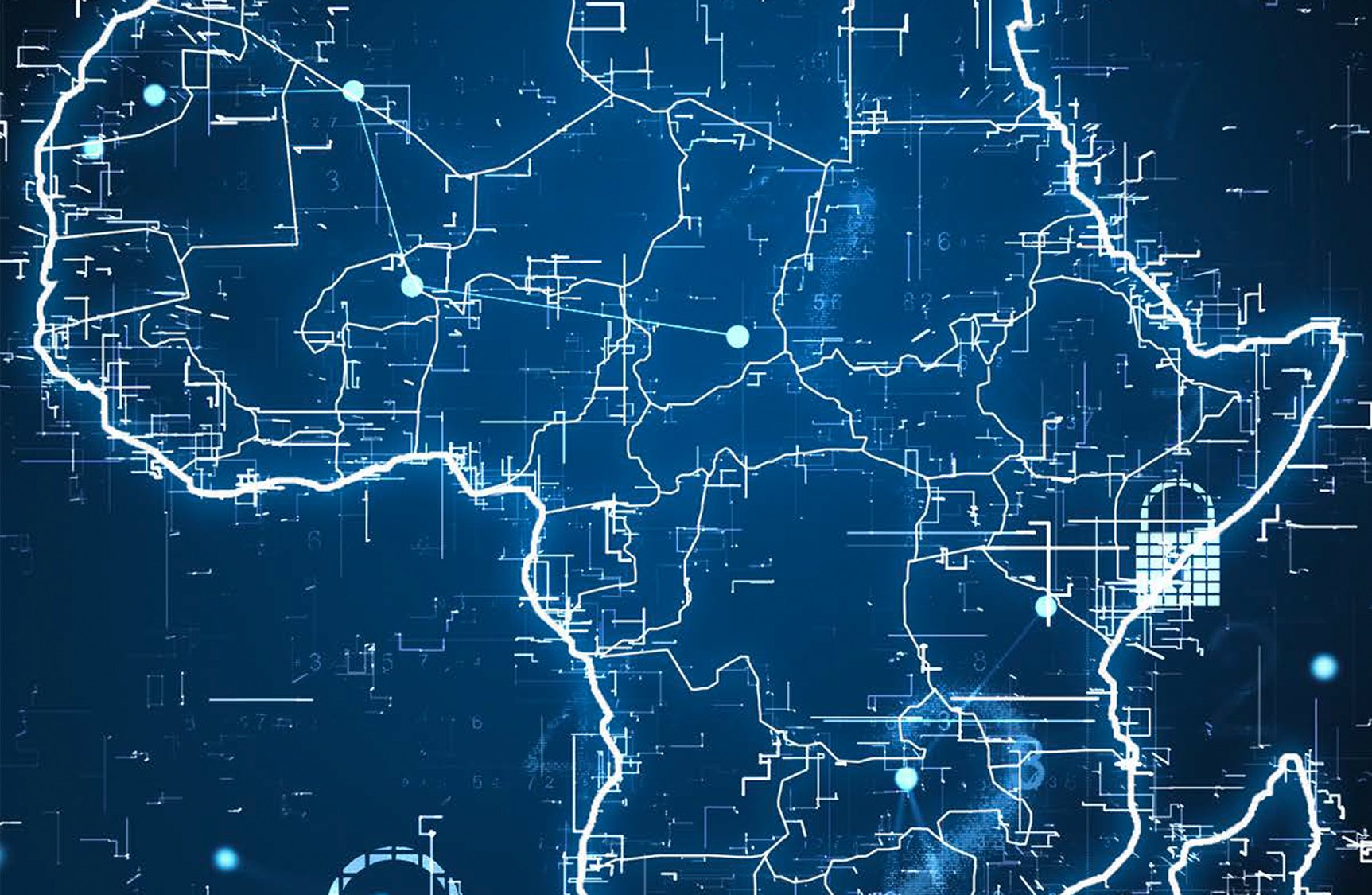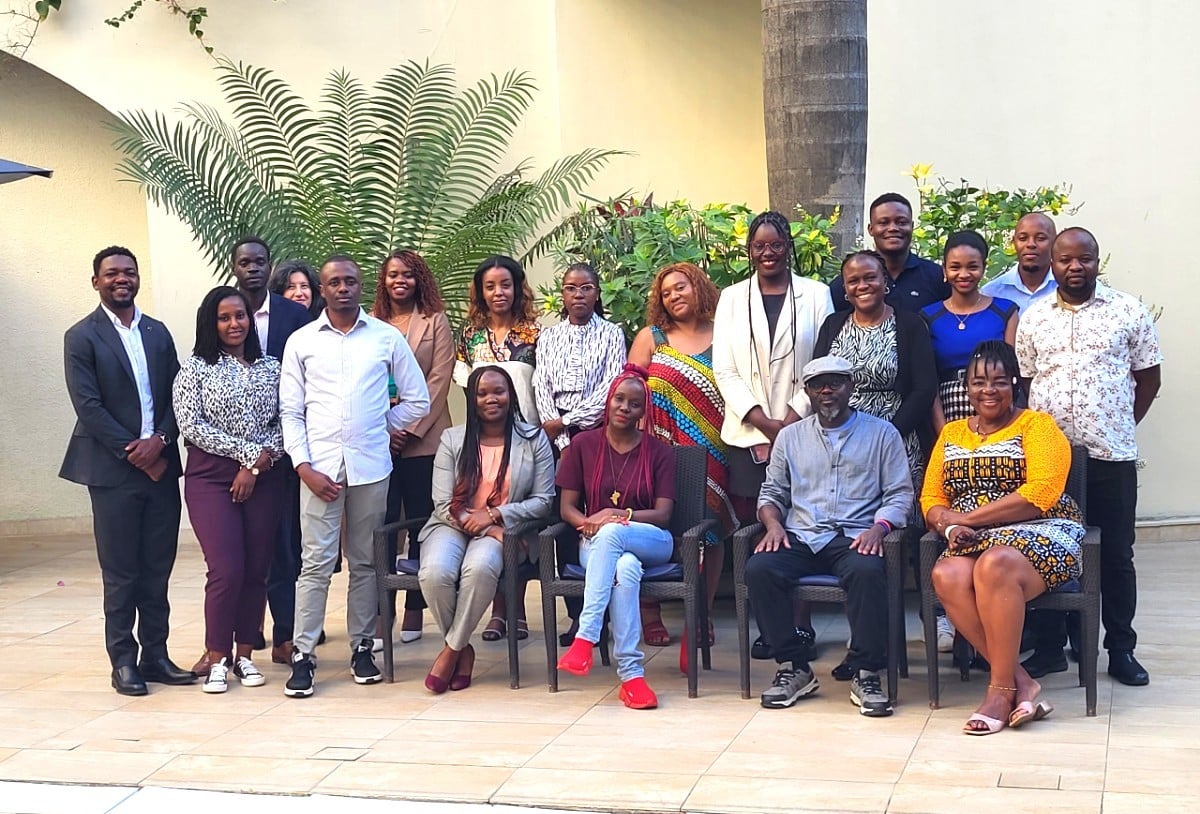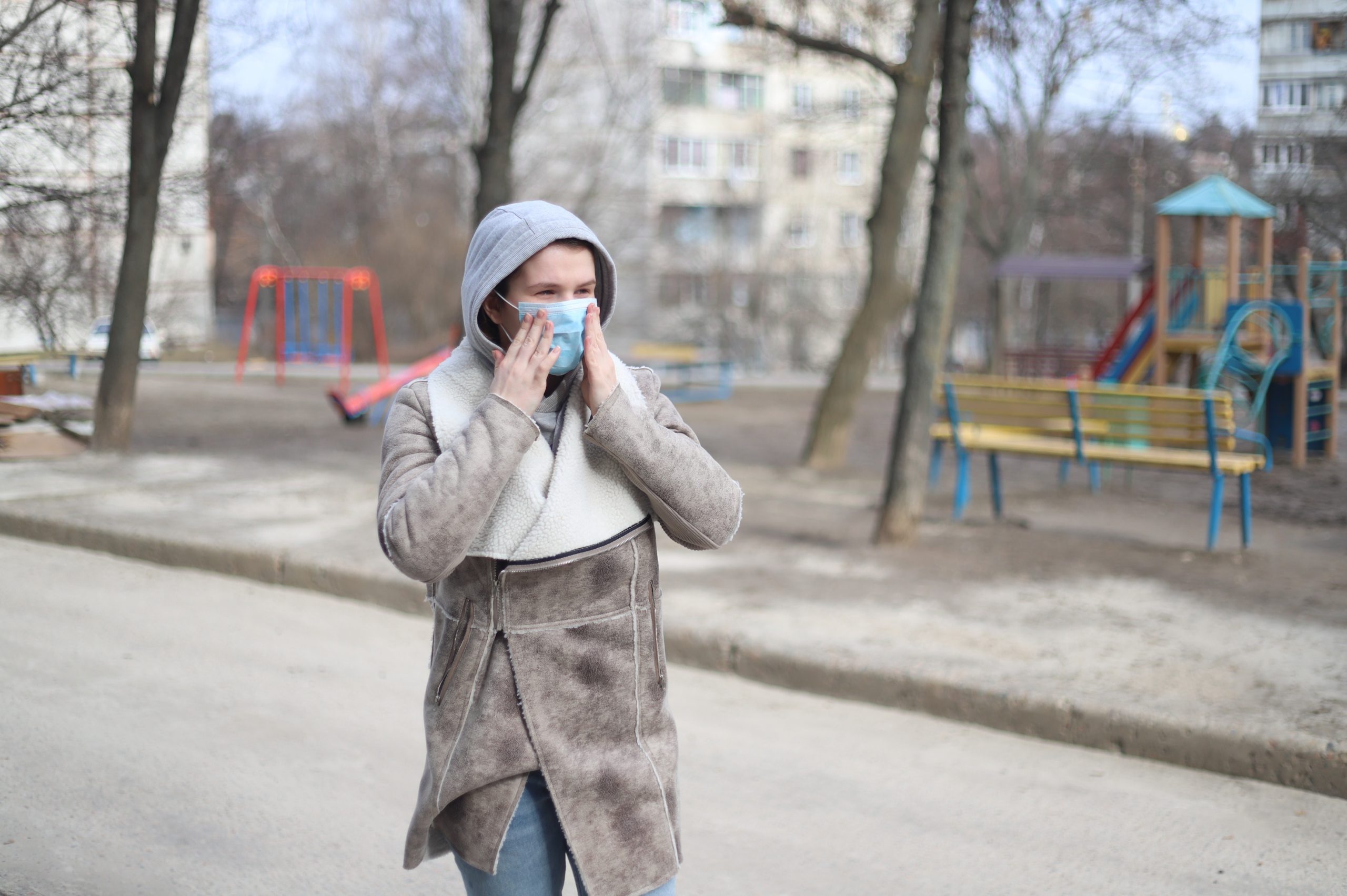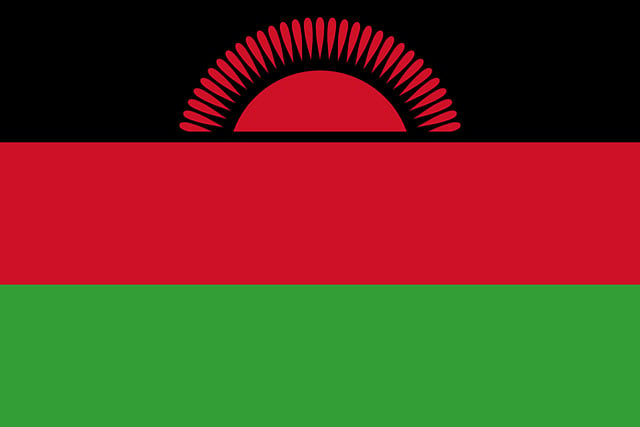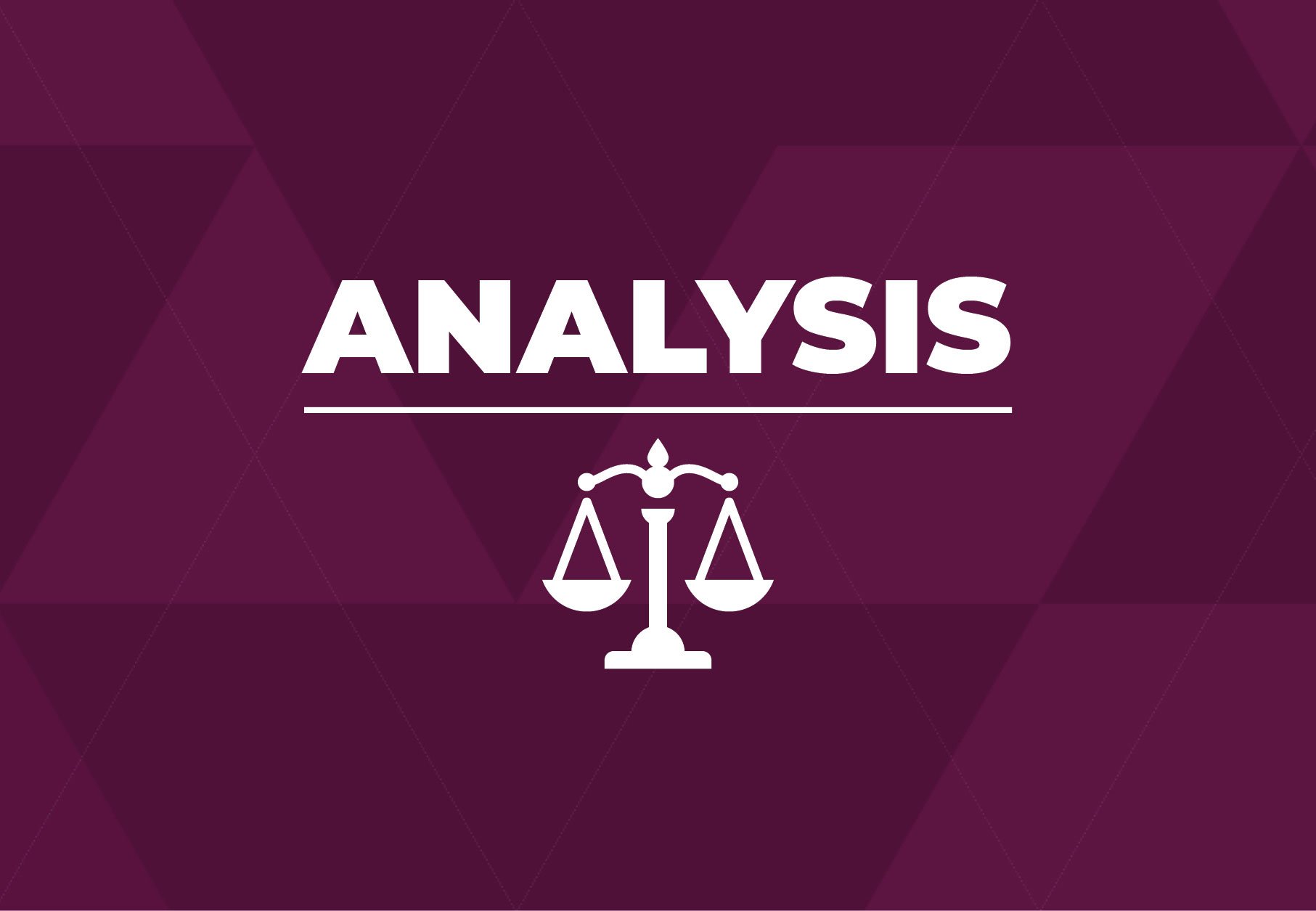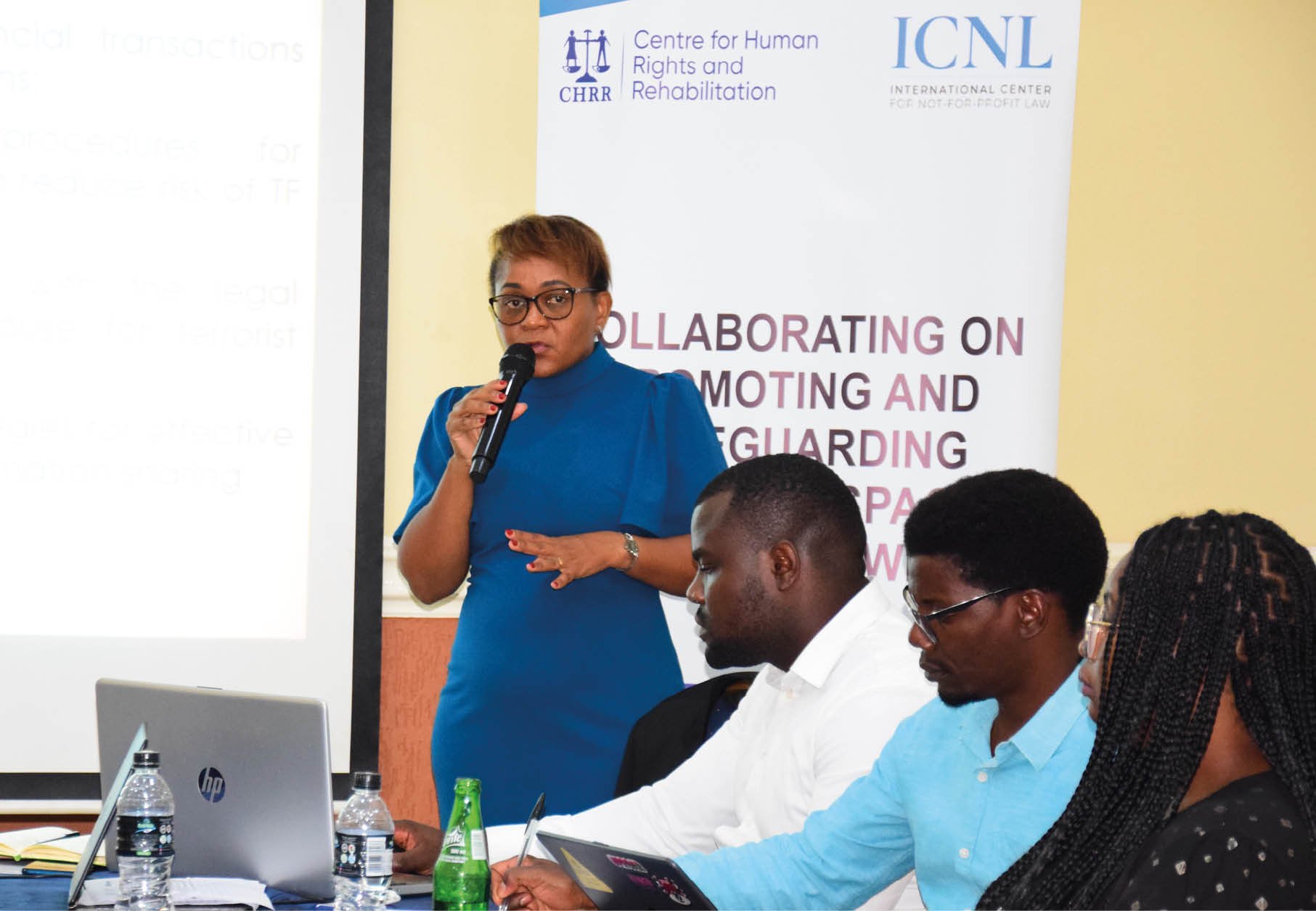
Malawi
Overview
ICNL works with local partner, the Centre for Human Rights and Rehabilitation to improve the legal environment for CSOs in Malawi. We have provided technical assistance in analyzing the NGO Policy and the NGO Amendment Bill, and our comments assisted local partners in their advocacy and litigation efforts to prevent the restrictive law from passing. ICNL started implementing a new multi-year program which seeks to support the strengthening of civil society’s capacity to respond to civic space restrictions, engage with government institutions to promote the legal enabling environment for CSOs, and improve citizen participation in law and policy making processes.
Highlight
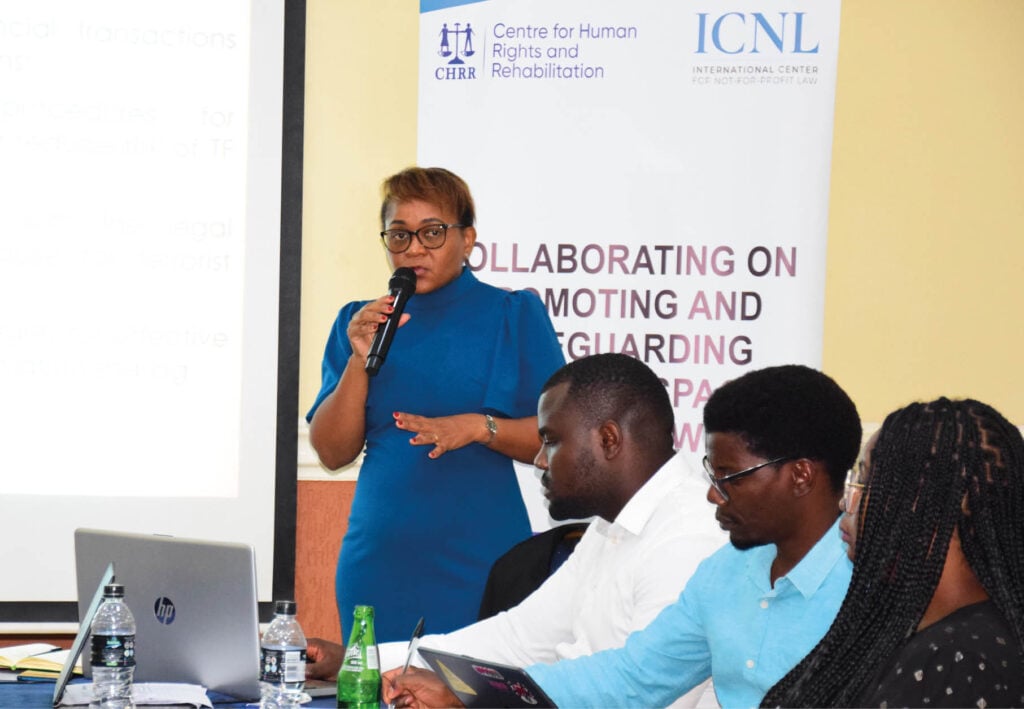
ICNL helps Malawi CSOs Launch New Coalition to Monitor FATF Implementation
Over 20 civil society organizations in Malawi have established a new coalition to monitor implementation of Financial Action Task Force measures in the country’s nonprofit sector, thanks in part to assistance from ICNL. Read more about the work the coalition has planned as Malawi operationalizes its first-ever NPO Sector Risk Assessment.
Key Resources
Civic Freedom Monitor
ICNL’s Civic Freedom Monitor provides up-to-date information on legal issues affecting civil society and civic freedoms, including the freedoms of association, expression, and peaceful assembly. Read our Malawi report here.
Civil Society Organization Sustainability Index
This index documents the development of civil society in seventy-one countries around the world, including Malawi. ICNL and FHI 360 work with local partners to produce the index annually.
VISIT FHI 360'S SITE FOR THE FULL CSOSI REPORTCOVID-19 Resources
Legal Measures and Compliance with International Standards
A Checklist to assess whether COVID-19 legal measures comply with international legal guidance to protect association and assembly rights issued by the African Commission on Human and Peoples’ Rights (Human Rights Based Effective Response to Covid-19 in Africa) and the United Nations Special Rapporteur on the rights to freedom of peaceful assembly and association (Ten Key Principles to ensure measures respect human rights to association and peaceful assembly).
International Legal Framework Governing Public Health Emergencies
A Briefer on the international legal framework governing public health emergencies. It covers existing international human rights treaties that set out the parameters for protecting fundamental rights in times of emergency to assist states in ensuring a rights-respecting response.
Partnership, Civic Space, and COVID-19
A Briefer outlining the Open Government Partnership system and how this approach can help protect civic space during the pandemic. It provides examples that enable individuals and organizations to review new measures, share concerns directly with law and policymakers, and continue to protect fundamental human rights while controlling the pandemic.
Malawi Digital Legal Library Resources
Sign up for our newsletters
Sign up
